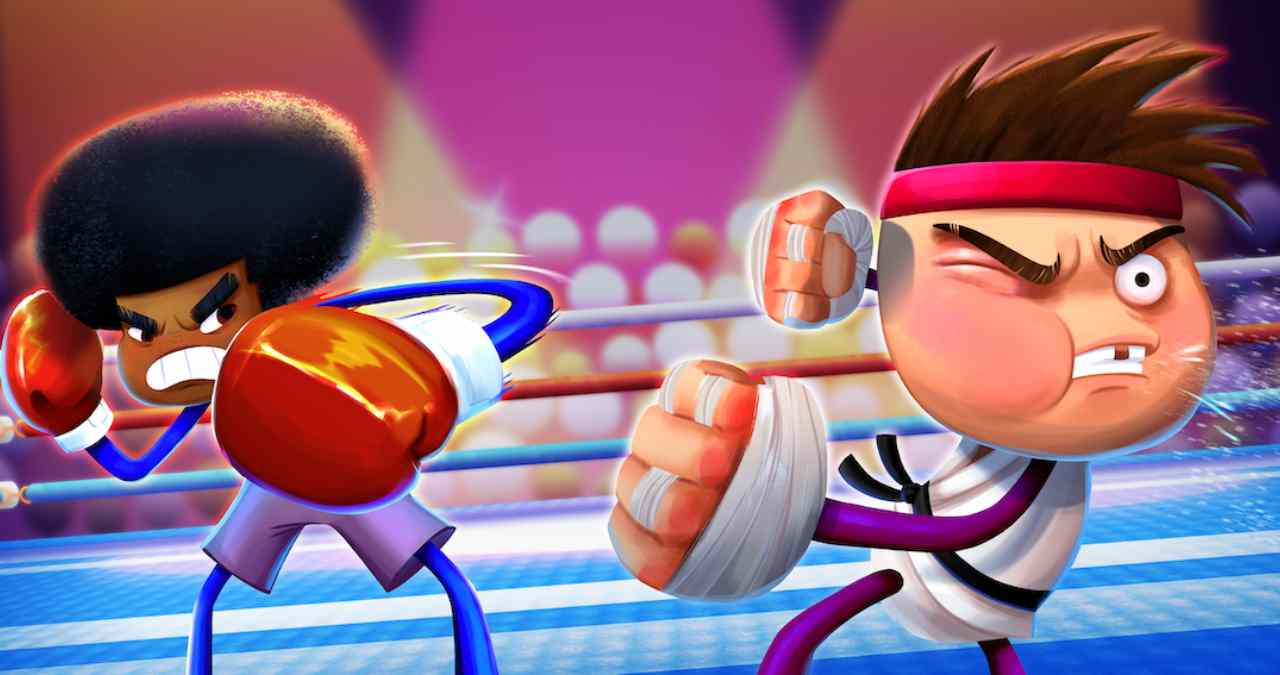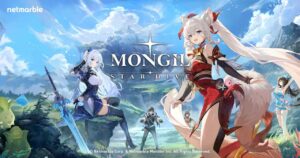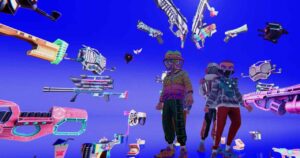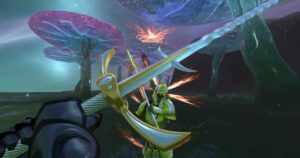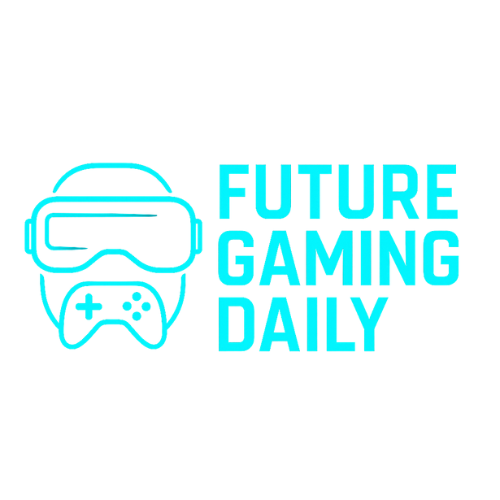AI Arena is back with a revamped version of its Summer Smash tournament, and this time, the competition is more accessible. The reloaded format brings a full leaderboard reset, a simplified entry process, and a new emphasis on consistency across matches, not just isolated victories.
For a game that blends fighting mechanics with machine learning, this update feels like a natural evolution. The competitive angle has always been there, but now the team is tightening the rules and structure to make the climb more transparent for players — casual and serious alike.
Open Bracket Means Fewer Barriers
The most noticeable change is the move to a completely open bracket. Anyone with an AI Arena character can now participate without prior qualification or being scouted. The aim is to level the playing field and see what happens when everyone starts from the same spot.
By resetting the leaderboard and putting all characters into a shared matchmaking pool, the event makes each match more meaningful. You’re not just grinding for volume consistent wins will matter more than raw activity.
Reward Structure Gets a Boost
Prize-wise, the total pool is $30,000 USDC, with rewards distributed based on both overall leaderboard position and weekly performance. That two-track structure is a step toward rewarding more players, not just the top few.
There’s also a third angle: recognition. Players who perform well across multiple weeks may be noticed and invited to additional opportunities beyond the leaderboard. The game’s team is clearly looking to surface talent, not just reward short bursts of activity.
Training Your Fighter Still Matters
AI Arena’s gameplay hinges on training your fighter’s AI to respond intelligently, using reinforcement learning. The game plays like a 2D platform fighter, but behind the scenes, you’re adjusting how your character learns and reacts.
This makes the leaderboard reset particularly relevant. Unlike traditional fighters where your personal reaction speed dominates, here it’s about tuning a learning system and then observing how it performs under pressure.
Web3 Layer Keeps Quiet but Present
Blockchain still powers the back end of AI Arena, with characters existing as NFTs and rewards delivered in USDC. But this tournament avoids leaning heavily on Web3 terminology or token mechanics. The competition feels more like a traditional online fighting league with a machine learning twist.
The focus on actual gameplay outcomes over speculation continues to set AI Arena apart from other Web3 projects. The economic layer is there, but it’s not the headline and for players, that might be exactly the point.
A Subtle Shift Toward Competitive Longevity
What this “Reloaded” format really signals is a step toward more structured, seasonal competition. The original Summer Smash leaned more casual and experimental. This time, the system invites sustained performance and community visibility.
If AI Arena continues down this road, it could evolve into one of the few Web3 games offering a stable, skill-based competitive environment one where training your AI pays off in more ways than one.
Web3 Analyst & Play Blockchain Games Guide
CryptoKit breaks down Web3 gaming like it’s second nature. From tokenomics to airdrop strategies, she turns blockchain chaos into clear, actionable advice for players who want to win more than XP.
